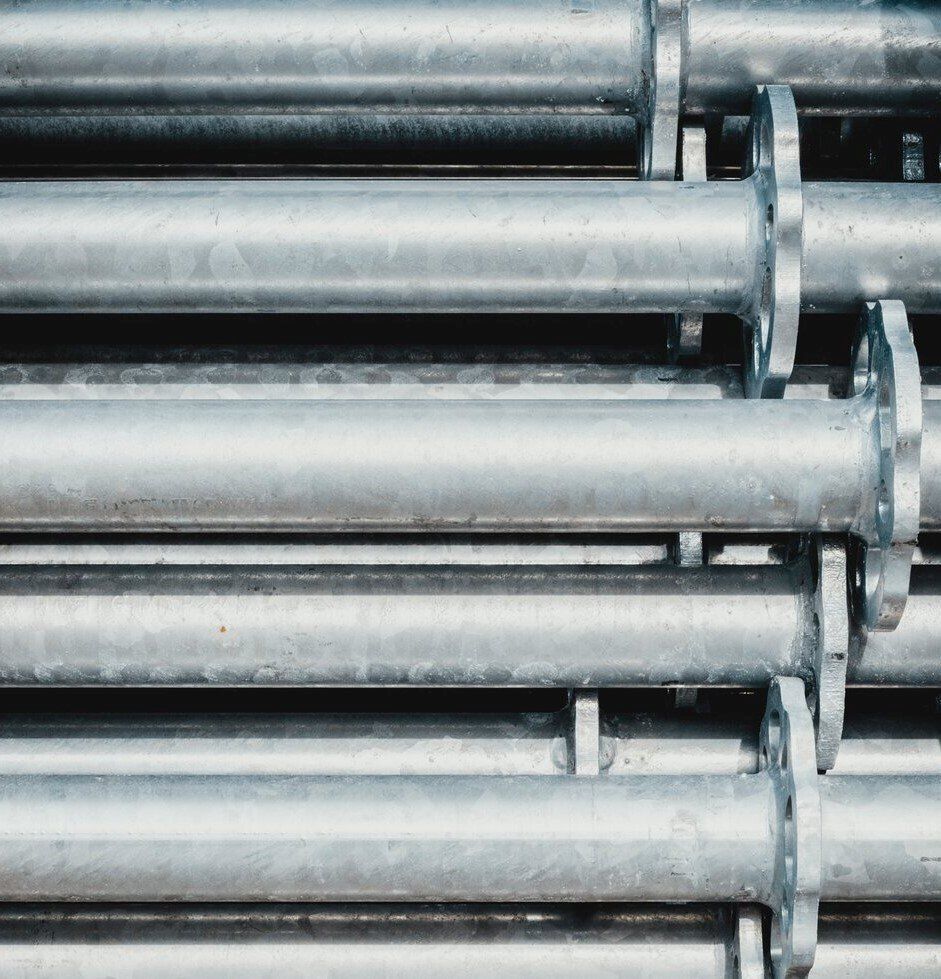Types Of Water Heaters By Power Or Fuel Source
Many different things are considered when classifying water heaters. The most common classification of water heaters is by their functional design. This is where you have conventional storage water heaters, heat pump water heaters, and tankless or instant water heating systems. You can also classify water heaters according to the type of fuel that they use. In the United States for example, we have five main fuel types for powering water heaters. We have electricity, fuel gas, geothermal, natural gas or propane, and solar. One of the main considerations when buying a water heater is the type of fuel that it uses. You have to consider the availability of that fuel in your locality and the installation or connectivity aspects of that fuel type to your house. You also have to bear in mind the cost of that fuel type relative to other available fuel types in your region. Here you consider the initial cost of connecting the fuel type and the subsequent energy costs of consuming that fuel type. And last but not least, you should always consider the efficiency or eco-friendliness of the fuel, type and the environmental implications of using it. The following are the main types of fuel types for powering water heaters in the United States.
Eectricity
Electricity is the most popular source of energy for water heaters in the U.S. This is mainly due to the fact that electricity has the widest distribution network in the county. Electricity can be used to power all kinds of water heaters including conventional storage, heat pump, and tankless/instantaneous water heaters. Electricity is also used to power hybrid water heaters and combined power water and HVAC systems. For more information and knowledge on electrical water heater issues, you can always consult a professional who offers Woodbridge commercial plumbing services in your area; a residential plumber who specializes in water heater services will also do.
Natural Gas & Propane
Natural gas and propane are other widely distributed fuels in the United States. Many people use natural gas and propane to power their residential and commercial water heaters. Natural gas and propane are used to fuel conventional storage and demand-type water heaters and also combined power water and HVAC systems like the tankless coil and indirect water heating systems.
Geothermal Energy
Geothermal power is also very widely distributed in the in United States. In fact, many homes use geothermal energy to power their heat pump AC systems. Geothermal HVAC systems draw heat from the ground during the cold seasons and from water indoor air during the warm summer months. Geothermal heat pump AC systems use heat exchangers to heat water in tankless water heaters in the hot summer months and the same technology to power conventional storage water heaters during the winter, fall, and mildly warm spring seasons.
Solar
Solar is the most widely distributed and readily available energy source in the world. This is clean, free, renewable energy that is used to power all kinds of water heaters. It is more abundant in some regions in the country, especially the Southwest. The main drawback of using solar water heaters is that they require higher acquisition and installation costs.
Fuel Oil
Fuel oil is not as widely distributed in the United States as geothermal, electricity or natural gas and propane. Despite its relative rarity, fuel oil is still used to heat water in conventional storage and indirect combination and AC systems in various areas in the country. It’s important to inquire about the availability of fuel oil in your area before investing in this type of water heating energy source.
You might also like




